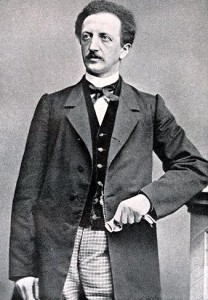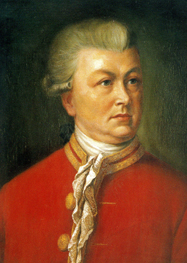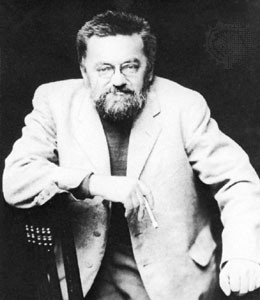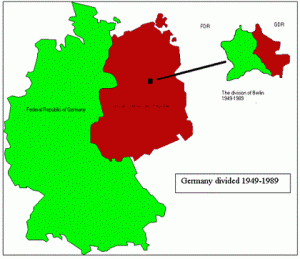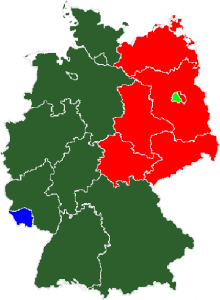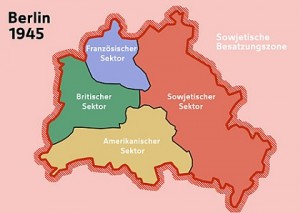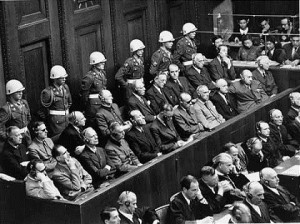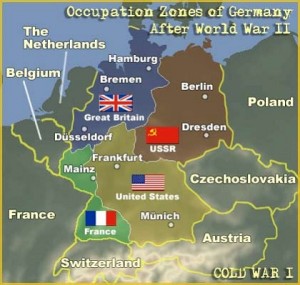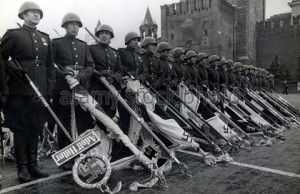April 11, 1370 Birth of Friederich I (also called Friedrich der Streitbare) in Saxony. Friedrich became the elector of Saxony in the Holy Roman Empire. He assisted the emperor, Sigismund in a campaign against the Bohemian adherents of Jan Hus in 1420. April 11, 1741 Birth of Johann Heinrich Merck in Darmstadt, Germany. Merck supported … [Read more...]
April 10 in German History
April 10, 1727 Birth of Samuel Heinicke (1727-1790) in Nautschütz, Germany. Heinicke became interested in the problems of the deaf after reading Surdus loquens, a book in which it was described how a Swiss physician had succeed in teaching deaf persons to speak. In 1778 he opened a school for the deaf. He developed the system of teaching … [Read more...]
April 9 in German History
April 9, 1486 The Habsburg, Maximilian I is crowned German king at Aachen. He would later become the Holy Roman emperor. Maximilian expanded the influence of the House of Habsburg through war and his marriage in 1477 to Mary of Burgundy, the heiress to the Duchy of Burgundy, though he also lost the Austrian territories in today's Switzerland … [Read more...]
The Birth of the German Democratic Republic
As with the birth of the FRG, the formation of a separate nation-state in the Soviet zone also took only a few years. In late 1947, the SED convened the "German People's Congress for Unity and a Just Peace" in Berlin. To demonstrate the SED's claim of responsibility for the political future of all Germans, representatives from the Western zones … [Read more...]
The Birth of the Federal Republic of Germany
Participants at the Potsdam Conference had agreed that the foreign ministers of the four victorious powers should meet to implement and monitor the conference's decisions about postwar Europe. During their fifth meeting, held in London in late 1947, prospects for concluding a peace treaty with Germany were examined. Following lengthy discussions on … [Read more...]
The Creation of the Bizone
By early 1946, the Western Allies--the United States and Britain in particular--had become convinced that Soviet expansionism had to be contained. The Soviet Union's seizure of Polish territory and the drawing of the Oder-Neisse border (which gave formerly German territory to Poland), its antidemocratic actions in other countries occupied by Soviet … [Read more...]
Postwar Political Parties in Germany and Democratization
The reintroduction of democratic political parties in Germany was one of the primary concerns of the Allies during the final phase of the war. The Soviet authorities were the first to reestablish political parties in their zone. They ordered the formation of political parties on June 10, 1945, well before such a directive was issued in the Western … [Read more...]
The Nuremberg Trials and Denazification
The Allies agreed that Germany should never again have the opportunity to destroy European peace as it had in the two world wars. A principal aim of the Allies was to prevent the resurgence of a powerful and aggressive Germany. As a first step toward demilitarizing, denazifying, and democratizing Germany, the Allies established an international … [Read more...]
Postwar Occupation and Division of Germany
On May 8, 1945, the unconditional surrender of the German armed forces (Wehrmacht) was signed by Field Marshal Wilhelm Keitel in Berlin, ending World War II for Germany. The German people were suddenly confronted by a situation never before experienced in their history: the entire German territory was occupied by foreign armies, cities and … [Read more...]
World War II – Defeat
In June 1944, American, British, and Canadian forces invaded France, driving the Germans back and liberating Paris by August. A German counteroffensive in the Ardennes began in late December was beaten back after heavy fighting in what became known as the Battle of the Bulge. Soviet troops, meanwhile, advanced from the east. Western forces reached … [Read more...]
- « Previous Page
- 1
- …
- 83
- 84
- 85
- 86
- 87
- …
- 118
- Next Page »
